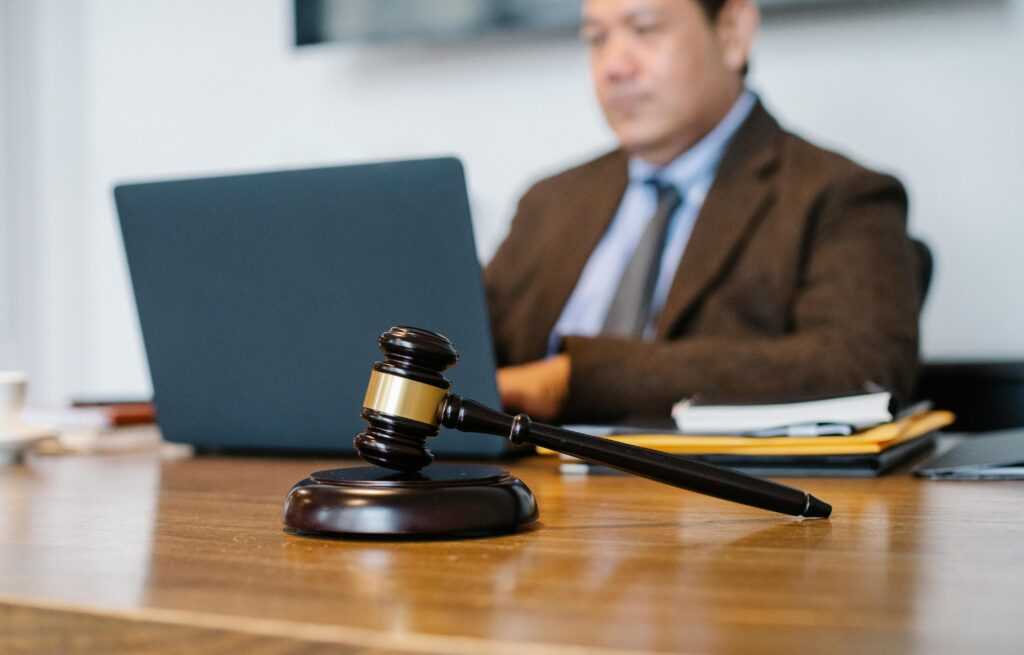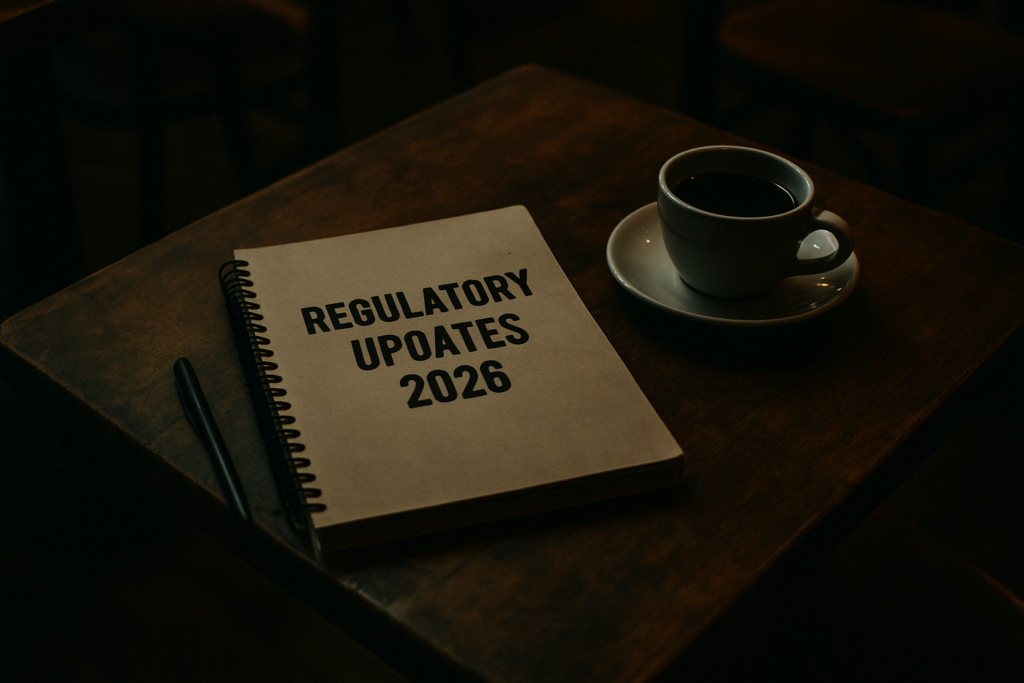After an injury, confusion and worry can take over. You might not know the next steps. This moment can feel overwhelming. Yet, you hold the power to change things with a simple phone call. Imagine talking to a personal injury lawyer in Des Moines. That call can shape your recovery and secure your future. They can guide you through your options. They help you understand your rights. These professionals focus on getting you the support you need. They stand by you, making sure you’re heard. Your health and well-being come first. The guidance they offer can bring clarity. A simple conversation can restore hope. Let your voice be heard. Take this step to protect yourself and your loved ones. You deserve peace of mind and confidence in your recovery. Reach out. This is your opportunity to find support and reassurance.
Understanding the Role of a Personal Injury Lawyer
When injury strikes, you’re not alone. A personal injury lawyer offers more than legal advice. They offer a lifeline when everything seems uncertain. Their expertise helps you navigate the intricacies of the legal system. With their assistance, you can focus on healing and rebuilding.
These lawyers work to understand your situation. They gather information and build a case designed with you in mind. Their goal is to secure the best possible outcome. They negotiate on your behalf, aiming for fair compensation. This can cover medical expenses, lost income, and more. Explore the resources available through the U.S. Government’s legal aid services for additional information.
The Importance of Timing
The timing of your call can be crucial. The sooner you reach out, the better your chances of securing the support you need. Prompt action ensures crucial evidence is preserved. Early legal intervention provides a clearer path forward. Understanding statutes of limitations in your state is vital. Don’t let time slip away.
What to Expect During the Call
When you make the call, prepare to discuss the details of your injury. Be ready to share information about the incident and any witnesses. Discuss your medical treatment and recovery process. Gather documents like police reports and medical records if possible. This information helps your lawyer understand your case and provide the best advice.
During the call, you’ll receive valuable insights. Lawyers explain your rights and the available legal avenues. They lay out potential outcomes and what you can expect moving forward. A clear plan emerges, showing the steps needed for your recovery and compensation.
Comparing Legal Options
Understanding your options is vital. Different paths may suit different needs. Below is a table comparing common legal steps you might consider:
| Option | Description | Benefits |
| Settlement | Negotiate a mutual agreement without going to trial. | Faster resolution, less stress. |
| Mediation | Involves a neutral third party to assist in reaching a settlement. | More control over the outcome, cooperative approach. |
| Trial | Present your case in court for a judge or jury to decide. | Potential for higher compensation, legal precedent. |
Emotional Well-being and Support
Beyond legal and financial aspects, consider your emotional well-being. Recovery isn’t just physical. It involves mental healing too. Seek support from friends, family, and professionals. Mental health resources remain essential. The National Institute of Mental Health offers guidance and resources to handle emotional challenges.
Taking Action and Moving Forward
Take the first step toward recovery with confidence. Reach out to a personal injury lawyer. Use available resources to make informed decisions. This process empowers you to regain control. Feel secure knowing you’re supported.
Remember, every step you take leads you closer to peace of mind and healing. You’re not alone on this journey. Legal experts can guide you. Family and friends can support you. Together, they form a network of help and hope.



